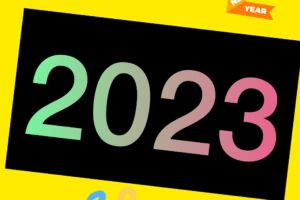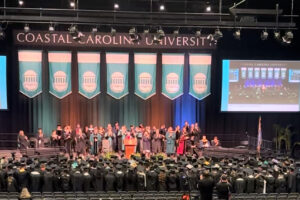Public Schools
I have been a teacher for over 22 years. I have dedicated 18 of those years to public education. My advice to any parent approaching school age would be to consider homeschooling or enrolling your child in a private school. My teaching journey began during the era of the “No Child Left Behind” (NCLB) initiative, which aimed to prioritize the academic achievement of traditionally under-served groups of children, including low-income students, students with disabilities, and students from various racial and ethnic backgrounds. In theory, this initiative seemed commendable, but in practice, it has unfortunately left many students behind.
In the past, if students didn’t meet the general requirements, they often had to repeat a grade. I recall this from my own school days in the 1980s, where some friends repeated grades due to a lack of effort or a slower learning pace, and yet, they lead successful lives today. Notably, these friends were of diverse backgrounds.
Back then, there was a clear standard that students had to meet to progress, and if they didn’t, they either attended summer school or repeated the grade. This standard was upheld.
However, NCLB has created a disconnect between the classroom and real-life consequences. I’ve witnessed students missing multiple years of middle school (grades 6-8), attending less than 150 or 180 days of school each year, and still being advanced to the next grade. It raises the question of whether they are truly not being left behind or merely being pushed along. As someone who has worked hard to earn multiple degrees and overcome various obstacles, I understand the importance of not getting a free pass, as it often leads to lifelong dependency.
As a young person of color, I was told that education was the key to escaping poverty, and to some extent, I’ve proven this. However, I believe that if I had been educated in financial literacy, I could have achieved financial success much earlier. While obtaining more degrees does open doors, it’s also an expensive endeavor that mainly qualifies you in the specific areas you study.
This is my perspective on the state of modern public education. In earlier generations, a high school diploma wasn’t the primary focus; hard work and skills in trades like building, farming, and carpentry were valued. In the 1960s, achieving a high school diploma became important, and my generation was encouraged to go to college and obtain degrees. The consistent theme through these times was the value of hard work and merit.
I, for one, wasn’t a top student in high school. I did just enough to get by, but the presence of minimum standards forced me to learn even when I wasn’t particularly motivated. I earned my degrees; they weren’t handed to me. However, the current educational system appears to allow participants to fall below average, and this is often justified by factors like race, socioeconomic status, and circumstances. Holding students to standards or a merit system is sometimes seen as discriminatory, which is, in my view, unfair.
In my perspective as a Nigerian and Italian man, I don’t believe that anyone is inherently better due to their circumstances. People excel because of their effort, determination, and perseverance, not their race or socioeconomic background. Let’s refocus on the idea that being your best is how we succeed in this world; it’s about effort, grit, and determination, not arbitrary factors.
Thanks for Reading
Your Friend Wakime










